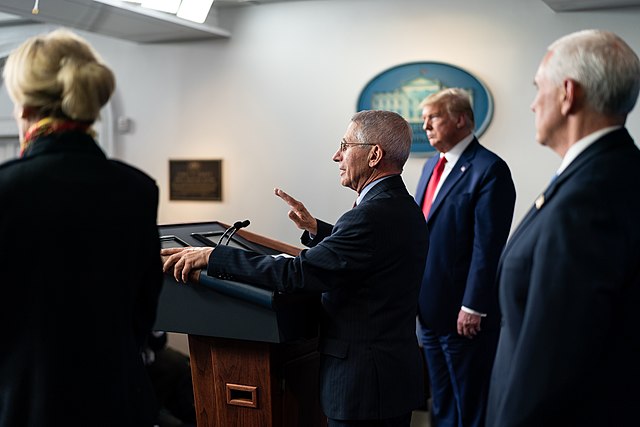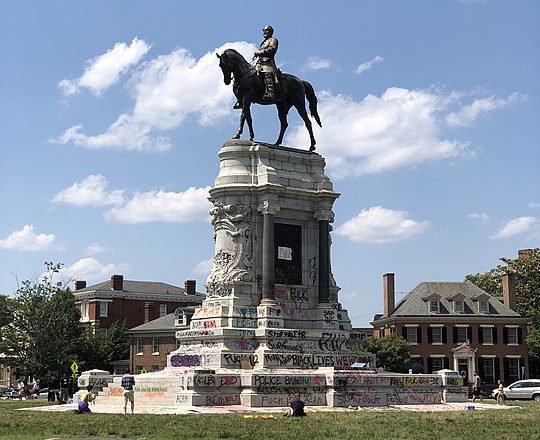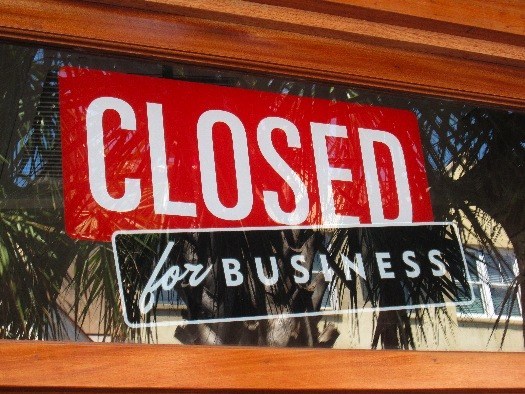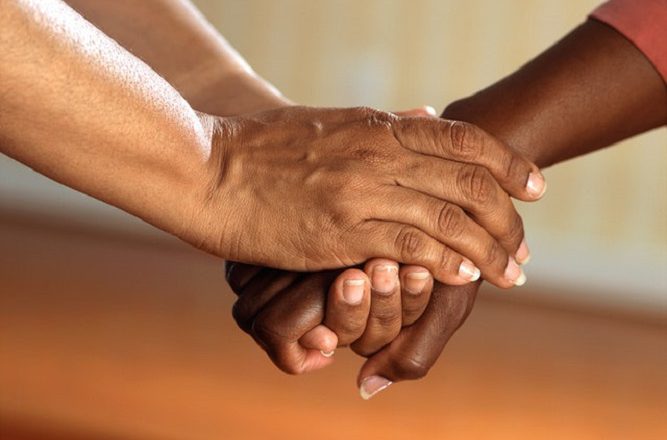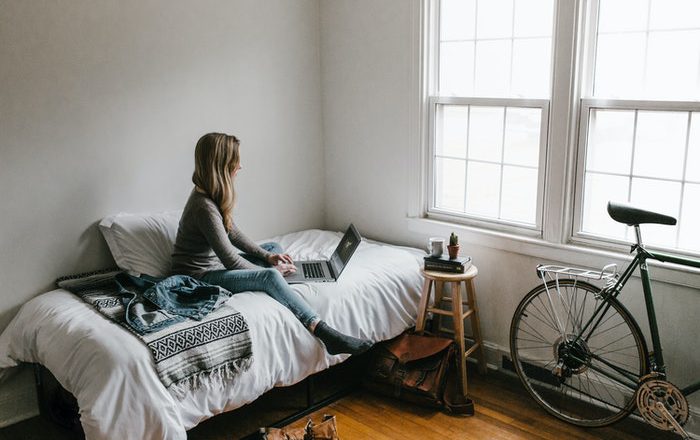4 things students should know about their health insurance and COVID-19 before heading to college this fall
As colleges and universities decide whether or not to reopen their campuses this fall, much of the discussion has focused on the ethics behind the decision and the associated health risks of in-person instruction.
As a researcher who studies health insurance policy, I see two important gaps in this discussion: 1) Who should pay the cost of treating the inevitable COVID-19 cases that will occur; and 2) What do college students need to know about their coverage?
Here are four things I think every college student – and those who care about them – should know about health insurance coverage when it comes to COVID-19.
1. Weigh coverage options
If you’re covered under a student health insurance plan through your school, it may be worth considering whether that is still your best option. The Af...

